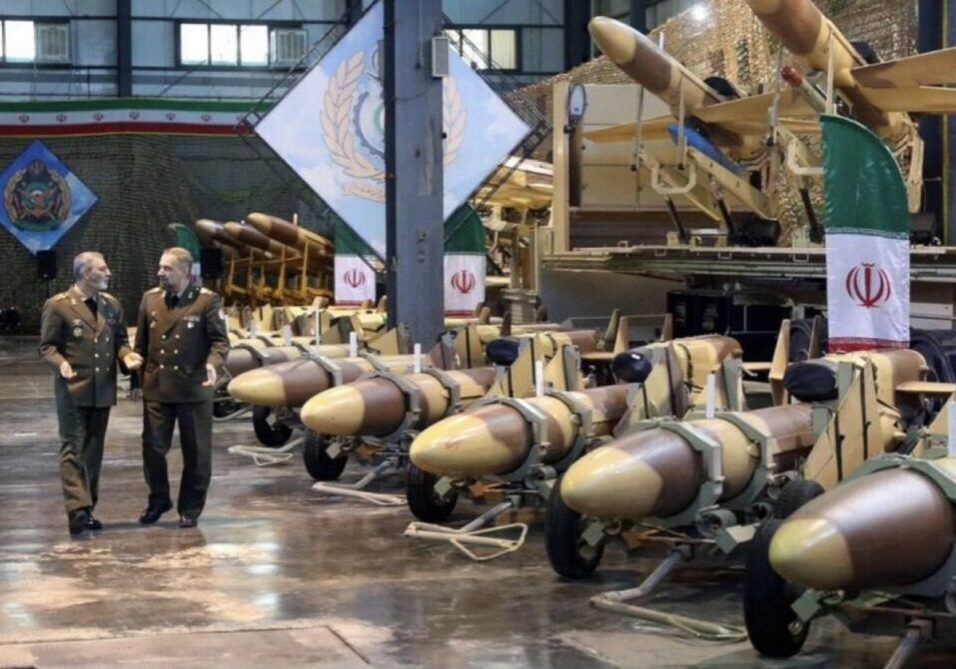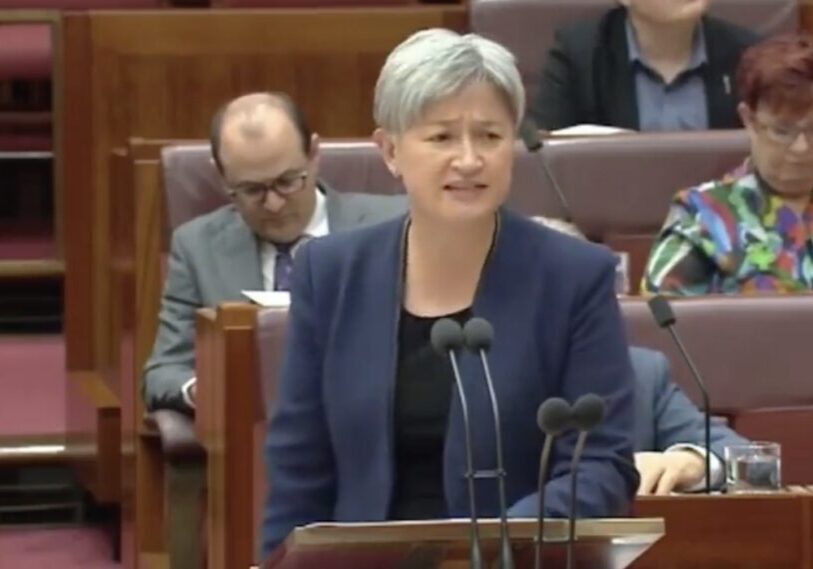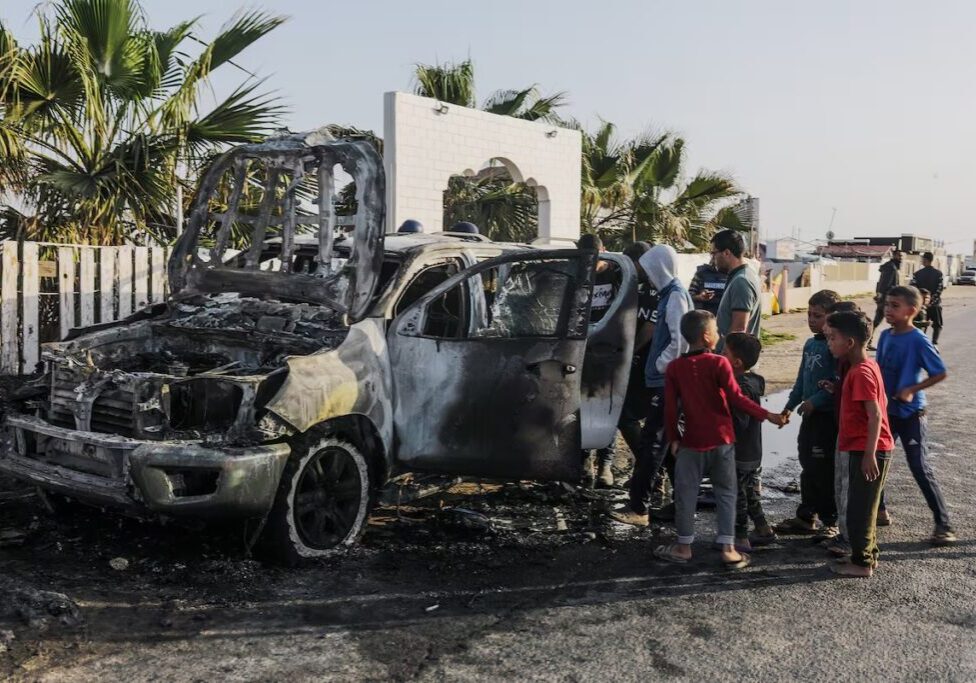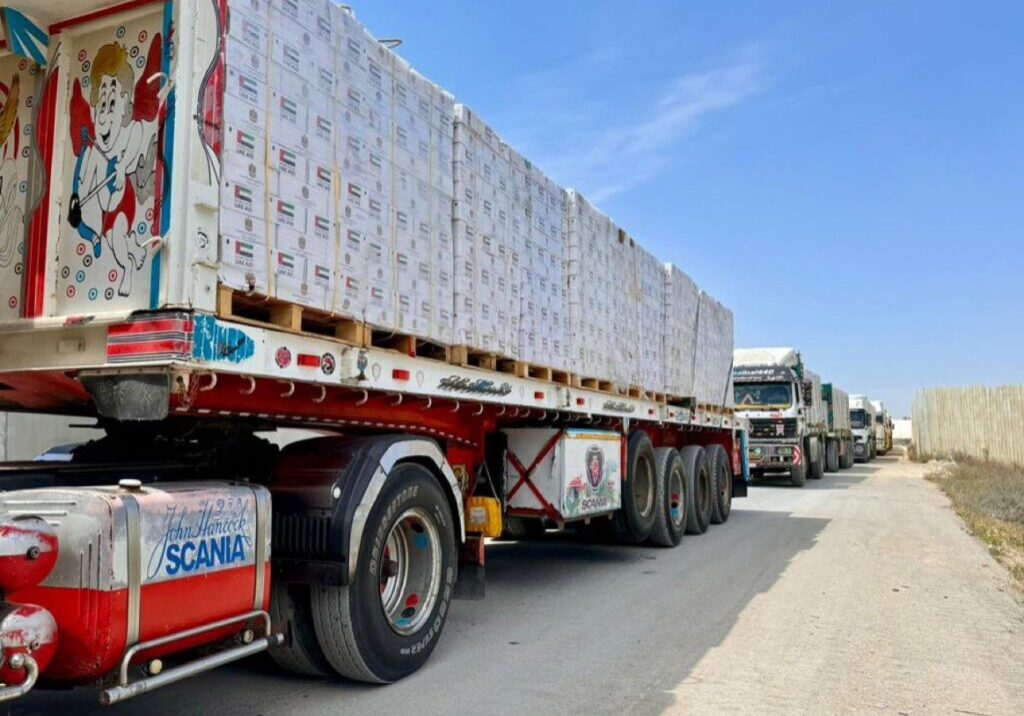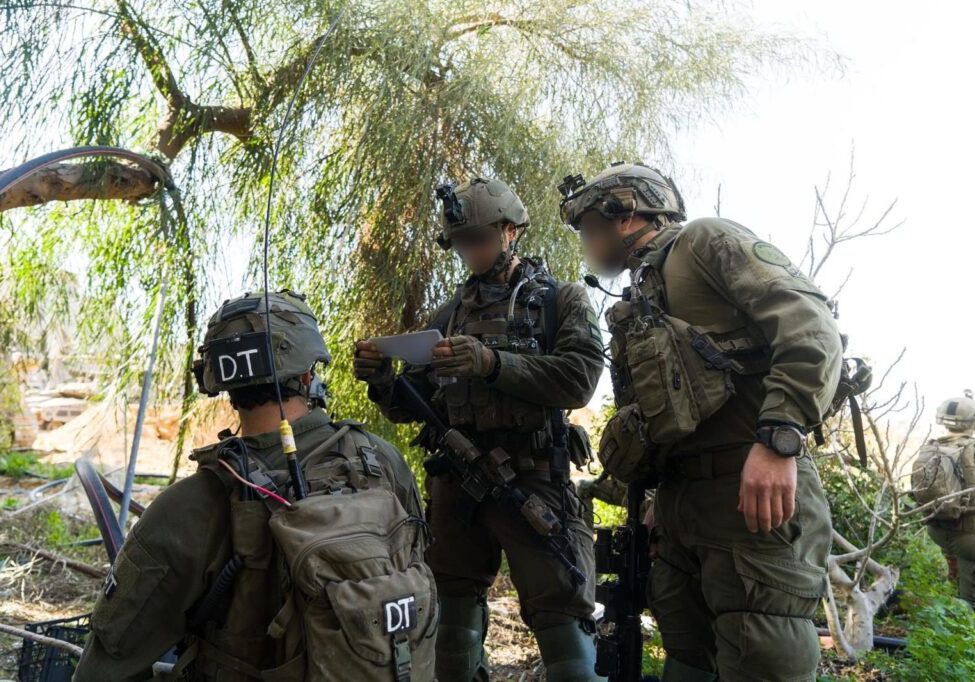Australia/Israel Review
Editorial: Courage Under Fire in Iraq
Dec 1, 2005 | Tzvi Fleischer
When Iraqis went to the polls on October 15 to approve their new Constitution, it was a remarkably positive sign for Iraq’s future on a number of levels.
Firstly, the referendum went ahead with high participation and little violence. In fact, there was much less bloodshed than during the groundbreaking parliamentary elections in January. The Sunni and Baathist diehards and the foreign Jihadis who make up the insurgency had every reason to want to disrupt this poll, which was a step toward exactly what they do not want — an independent popularly-based Iraqi democracy. Yet they failed to significantly affect the poll, or even to cause mass casualties to “punish” the Iraqi people for voting.
This does not in any way detract from the tremendous courage of Iraqis, who lined up in long queues outside polling stations, often for hours. They did this in full knowledge that the terrorist insurgents who have killed so many likely regarded these lines as prime targets.
Moreover, as Michael Yon notes in this edition, the fact that Iraqis did not have to pay a higher price in blood for their courage and desire to choose their own future is largely due to the improving performance of the Iraqi security forces. The Iraqi army and police made it a point of honour to provide almost all security for the referendum, and they succeeded. Most objective accounts agree that they are improving significantly.
And this is excellent news, because the only viable “exit strategy” for the Western coalition forces in Iraq is for them to leave behind a situation where they are no longer needed. This means a viable government that disposes of the forces necessary to provide law and order and handle all internal threats. Iraq is clearly not there yet, but there are solid signs that it is heading that way. The strong performances of the Iraqi security forces during both the poll and recent military operations against insurgents confirm this impression.
This vote, unlike the last one, also saw strong participation from the Sunni population, with most major Sunni parties and groups encouraging their followers to vote.
This is also very good news. A central goal of the strategic struggle in Iraq is convincing the 20% of the population who are Arab Sunnis — the effective rulers of the country to the exclusion of the Iraqi majority for the past hundred years — of two sometimes conflicting messages. One is that violence is not going to bring back the old day of Sunni dominance, nor is it going to get them a better deal. Second, it needs to be demonstrated that a new democratic Iraq will give them a dignified and secure place in the nation, and will not simply replace Sunni dominance with hegemony by the Shi’ite majority.
The referendum shows that both messages are starting to get through. Almost all Sunni groups now want to be inside the process of democratising Iraq, even though they recognise that this process cannot lead to a restoration of Sunni hegemony. While many Sunni groups urged a “no” vote in the referendum, these groups did not succeed in getting the 2/3 majority in three provinces needed to block the new Constitution. It is clear that a sizeable proportion of Iraqi Sunnis voted “yes”.
There have also been several reports of local Sunni groups turning against the insurgents, especially the foreign Islamists led by Abu Musab al-Zarqawi who are responsible for most of the suicide bombings.
No one should expect the insurgency to die down quickly — it has a tribal base rooted in genuine ethnic animosities, it is gaining covert support of various sorts from Iran and Syria, and it is, of course, continuing to receive a flow of personnel, money and expertise from the international Islamist movement, including al-Qaeda. However, the Sunni base of support for the group is the key — they provide bases, shelter, food, cover and most importantly intelligence for the insurgents and terrorists. If this support is eroded, this will spell the end for the insurgents. They will not disappear all at once, nor will the loss of life stop suddenly, but they will gradually fade away as lack of bases and improved intelligence make their operations increasingly unsustainable.
Meanwhile, the trial of Saddam Hussein can also play a salient role in moving Iraq in a positive direction. A new French publication, Le Livre Noir de Saddam Hussein (‘The Black Book of Saddam Hussein”) reminds everyone, not just Iraqis, of how great a monster he was. It estimates that he may have been responsible for up to 1 million deaths and the creation of up to 4 million refugees. As Bernard Kouchner, a leader of France’s Socialist Party, states in the introduction, Iraq’s “most important weapon of mass destruction was Saddam Hussein.”
Seeing him brought to justice will demoralise and marginalise his remaining supporters, and help educate all Iraqis about their horrific past. Moreover, contrary to the claims of those demanding an international court be used, it is very positive that it is the Iraq legal system that will deal with Saddam’s crimes. Iraqis have the greatest moral claim to seek justice from their former dictator and abuser. But more than this, the sight of a new democratising Iraqi state bringing Saddam to trial will be a tremendous symbol of what the Iraqi people can do for themselves, now that they are out from under the heel of the 30 years of totalitarian control.
It has been easy to get caught up in the day-to-day horrific scenes of terror and violence in Iraq, and to turn away, dismissing the whole project of re-building Iraq as a disaster. But the Constitutional referendum, as well as the trial of Saddam, provide grounds for cautious optimism for anyone who cares to look. Iraq remains vitally important in terms of the Middle East and the war on terror. There is still good reason to believe that, with determination and an eye on the long-term, a stable and democratising Iraq is in sight. If we can get there, not only will we have liberated the Iraqi people from a murderous tyranny, but we will also greatly enhance the conditions for positive change across the Middle East, change which is already starting to occur in Lebanon, Egypt, the Palestinian areas, and some Gulf states. This in turn will drastically reduce the threat of international terrorism against Western societies.

